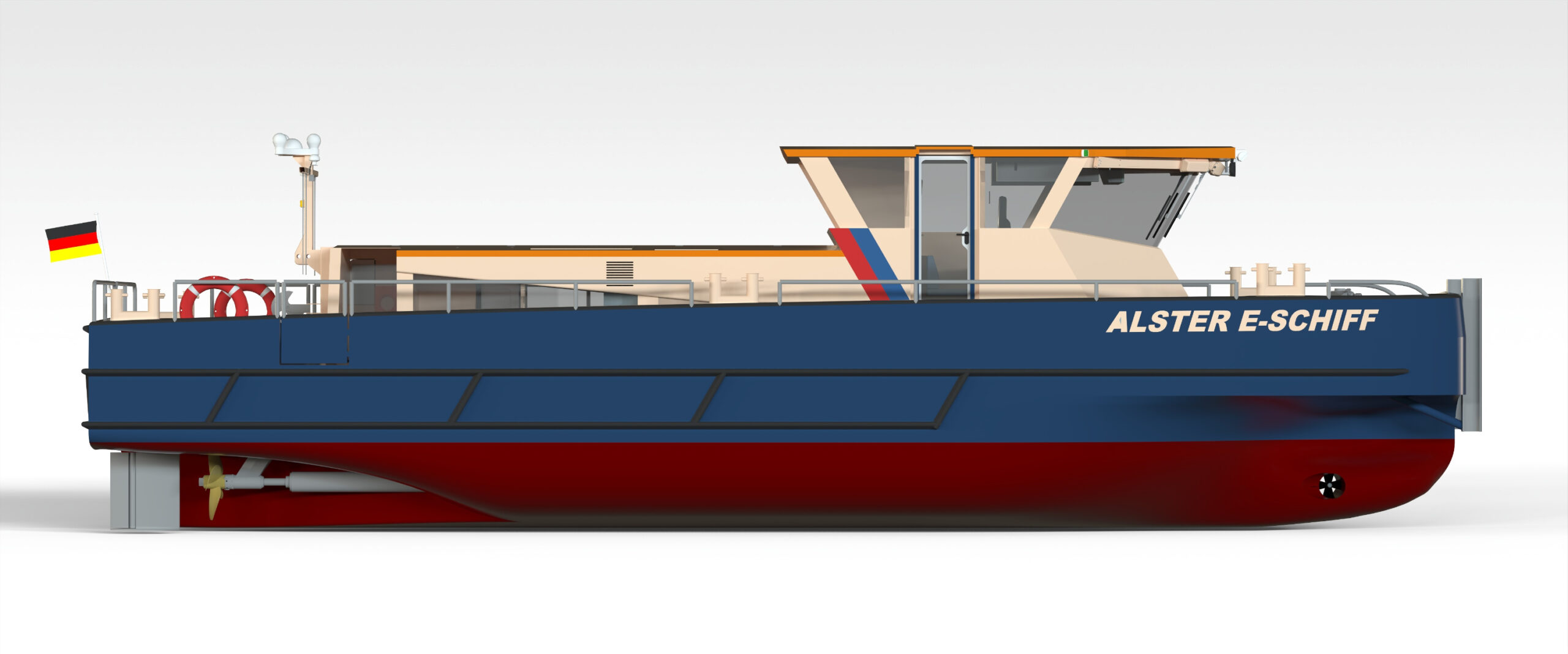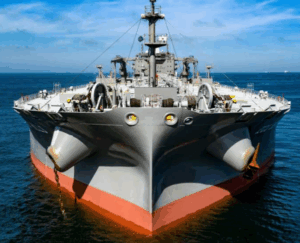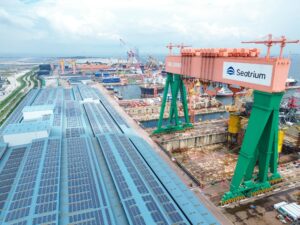Since its founding in 2017, Flotte Hamburg has consistently equipped new purchases with low-emission propulsion technologies. There are now also suitable solutions for the special area of the Alster, on which according to a resolution by the Senate of the Free and Hanseatic City of Hamburg, ships with combustion engines will no longer be allowed to sail from 2030.
The contract for the construction of the approximately 16-meter-long ships was awarded to the Hermann Barthel GmbH shipyard in Derben, Germany, following a Europe-wide tender. The construction costs for the two new buildings are around 8 million euros, as Flotte Hamburg informs.
The procurement process was led by the “New Construction and Innovation” department of Flotte Hamburg, in close coordination with the State Office for Roads, Bridges and Waterways (LSBG).
The fully electric work ships will be used as transport and inspection ships, primarily on the Inner and Outer Alster, but also throughout the Port of Hamburg. The low bridge clearance heights and water depths on the Alster pose additional challenges for the design. Among other things, the wheelhouse can be lowered to a clearance height of 2.35 m. The emission-free and low-noise fully electric drive will achieve a significant improvement, especially in urban and residential areas. The energy stored on board enables the ships to be operated daily without additional intermediate charging.
“We have already worked successfully with Schiffswerft H. Barthel in the past. We are pleased that this cooperation will now be continued with highly innovative propulsion,” says Karsten Schönewald, Managing Director of Flotte Hamburg, who adds that “The first fully electric work ships in Hamburg are another milestone in our zero-emission agenda. As pioneers, we want to show that emission-free shipping is possible and can already be implemented in ports and inner-city areas today.”
“We are pleased that in the future we will be carrying out our work in Hamburg’s waters with low-emission ships. This corresponds to our sustainability principle. Our colleagues from the Operations department were instrumental in planning the new ships with their expertise, and we are very proud of that,” says Dr. Stefan Klotz, Managing Director of the LSBG.
Source: Hamburg Port Authority



